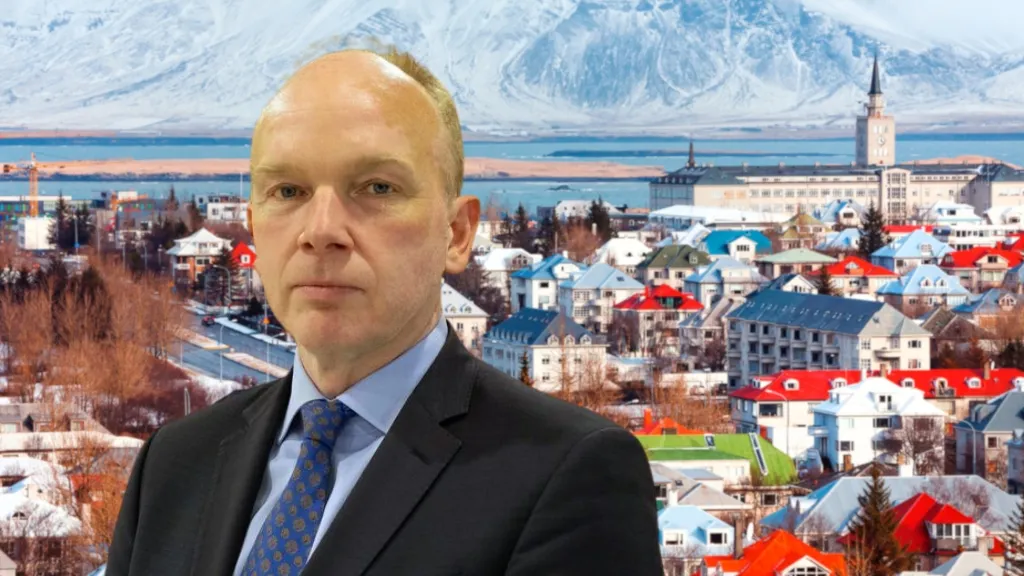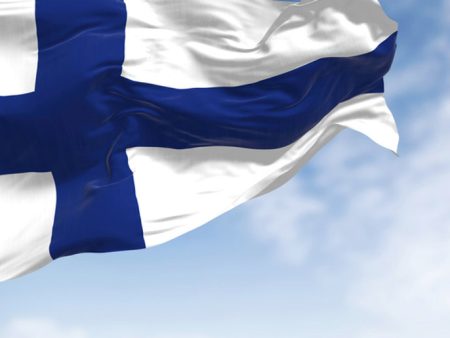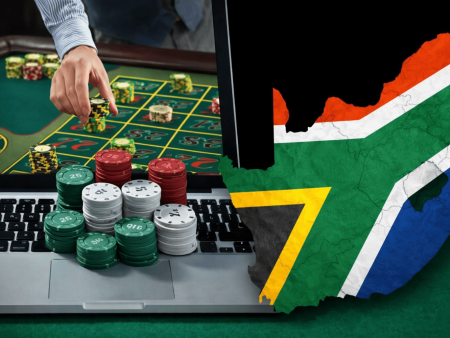Martin Haijer, EGBA or European Gaming and Betting Association secretary-general, has called on Iceland to reconsider its monopoly-based gambling market, as well as adopting an open licensing regime. This is similar tot hose in place in Denmark and Sweden.
In an opinion piece published on Visir, an Icelandic news website, Haijer highlighted the limitations of Iceland’s current system.
The current framework requires the six licensed gambling entities to invest their proceeds into social causes. This effectively squeezes out the private sector. The system has failed to address the demand for the black market. Icelanders spend about ISK20 billion or $146 million yearly on unregulated foreign gambling websites.
The EGBA chief said that it is nature of monopolies to limit consumer choice. Online gambling is a price-driven market. People play for their own money and naturally want to maximize their potential returns. Attempts to limit consumer choice by monopolies therefore create more problems than they solve.
Haijer pointed out the successful regulatory frameworks established in Denmark and Sweden. This launched regulated gaming markets in 2012 and 2019. He stated that the experience from both countries shows that ending monopolies and introducing a licensing system had a positive effect on the market and did not lead to an increase in unhealthy online gambling.
The EGBA chief added that the companies that used to have patents in these countries have also prospered… Iceland can achieve comparable results to Sweden and Denmark, but it requires political will and courage to change direction.
He emphasized that transitioning to a licensing regime would improve customer safety without encouraging more people to gamble. Haijer said that on the contrary, such a change is about creating a regulated environment that is safer for players than the current environment in Iceland.



